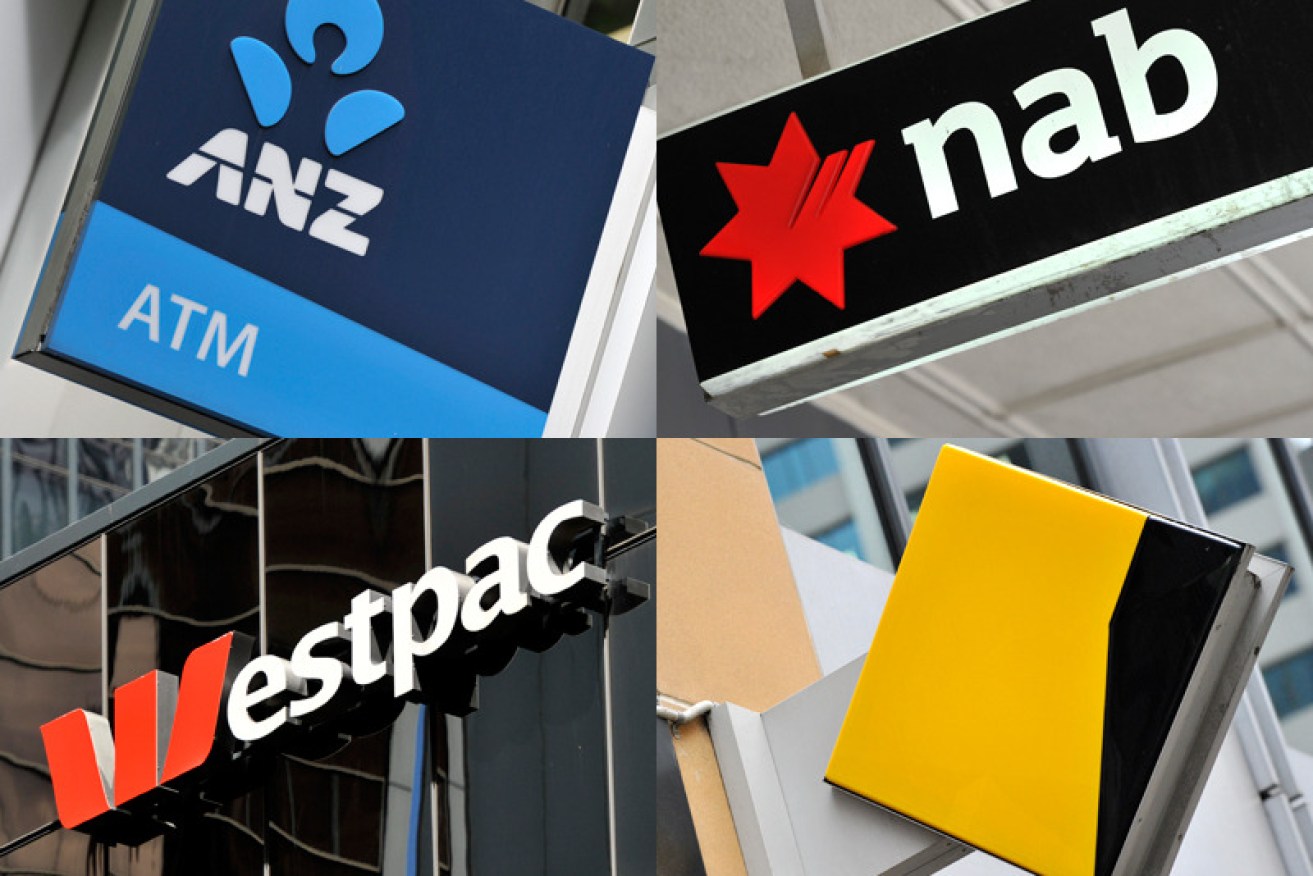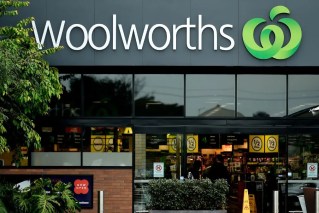Banks slammed for out-of-cycle rate hikes

The big four banks have faced calls for a banking inquiry. Photo: AAP
Labor leader Bill Shorten has launched a stinging attack on the big banks for hiking home loan rates independent of the Reserve Bank — the first time this has happened in two years.
NAB broke ranks on Thursday by announcing it would lift its owner-occupier variable rate by seven basis points, from 5.25 to 5.32 per cent, as of March 24.
The controversial repricing will punch a $20 hole in the monthly budget of a family with a $400,000 loan, and over 30 years will add about $6000 to what they pay the bank.
Westpac followed on Friday by matching NAB’s variable rate at 5.32 per cent, an increase of three basis points, also effective March 24.
The remaining two, Commonwealth and ANZ, refused to tell The New Daily if they would follow their competitors, citing price-signalling laws.
Prime Minister Malcolm Turnbull said the decision to lift rates was a matter for the banks and that unhappy customers should “go somewhere else”, prompting Opposition Leader Bill Shorten to brand him “out of touch”.
“When the Reserve Bank’s keeping the official interest rates at record lows, I don’t like the banks increasing the mortgages of every Australian,” Mr Shorten told journalists.
“The banks have made record profits and here they are again, charging mortgage holders even more for the cost of their mortgages and unlike Mr Turnbull, I do have a view. Unlike Mr Turnbull, I wouldn’t give the banks a massive tax cut. I would give them a royal commission.”
The hikes are especially unpopular because banks usually link their rate movements to the Reserve Bank’s cash rate. But the RBA hasn’t moved since August last year, making these “out-of-cycle”.
The banks blame rising wholesale funding costs in the US, rising rates on savings deposits, and demands from regulators for them to keep more capital on hand to protect against a financial crisis.
Mike Ebstein, a former ANZ senior executive, said the market domination of the Big Four makes it highly likely for rates to rise en masse.
“Based on past track records, they usually follow each other. That’s what happens in a concentrated market,” Mr Ebstein told The New Daily.
“In this day and age, big institutions are generally more interested in keeping the balance of everybody happy than stealing market share. And at the end of the day, shareholders aren’t too concerned if CBA has 32 per cent share or 27 per cent share. What they want is return on funds and the dividends rate.”

Bill Shorten says the PM proved he’s “out of touch” by not attacking the rate hikes. Photo: Getty
There was some good news, though. NAB has launched a special introductory fixed rate of 3.69 per cent for first home buyers, while also lifting its investor variable rate 25 points to 5.8 per cent. This is sure to be greeted happily by those who fear that investors are squeezing out first home buyers.
IFM Investors chief economist Dr Alex Joiner said the banks wanted to boost their profit margins while also cooling the east coast property boom.
“It’s a reflection of the strength of the market in Melbourne and Sydney and even the banks becoming a little wary of that strength. But they also feel as if they can reprice a little without it affecting them too much. They are trying to preserve their margins, given their costs have increased.”
The Reserve Bank would be happy with the outcome, as higher bank rates will help constrain house prices and household debt without the need for an official cash rate rise, which would harm the economy, Dr Joiner said.
The hikes come as newly-released figures show just 11.6 percent of Australians see property as the best place to put their investment, the lowest since The Melbourne Institute of Applied Economic and Social Research started the survey in 1974.









